Committee On Judicial Ethics
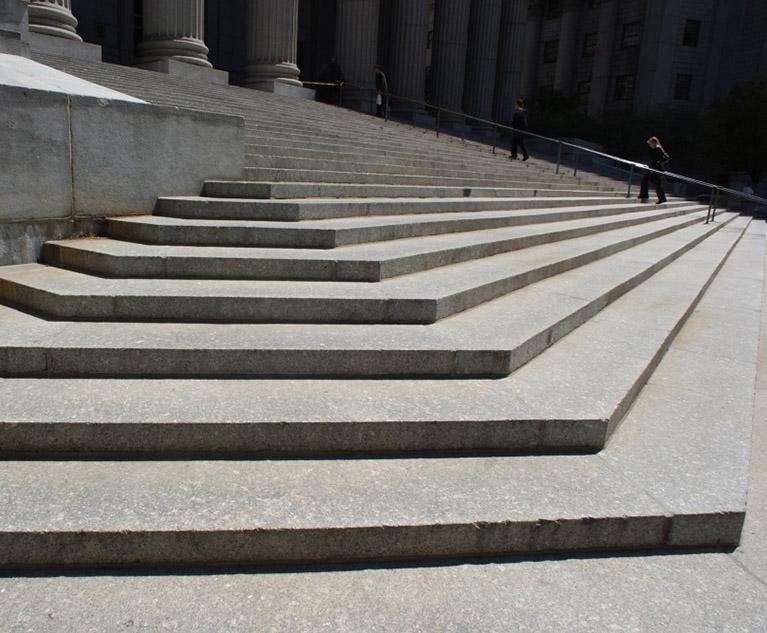
March 27, 2022 | New York Law Journal
Judicial Ethics Opinion 21-172A new full-time judge who was until recently an assistant public defender is permanently disqualified, without the possibility of remittal, from all matters in which the judge participated as an attorney, in any capacity, either personally or as a supervisor.
By Committee on Judicial Ethics
4 minute read

March 24, 2022 | New York Law Journal
Judicial Ethics Opinion 21-1711) The Committee does not answer hypothetical or speculative questions. (2) On the facts presented, it is within the inquiring judge's sole discretion to determine if there is a substantial likelihood that a law firm's actions constitute a substantial violation of the Rules of Professional Conduct and, if so, what action is appropriate.
By Committee on Judicial Ethics
4 minute read
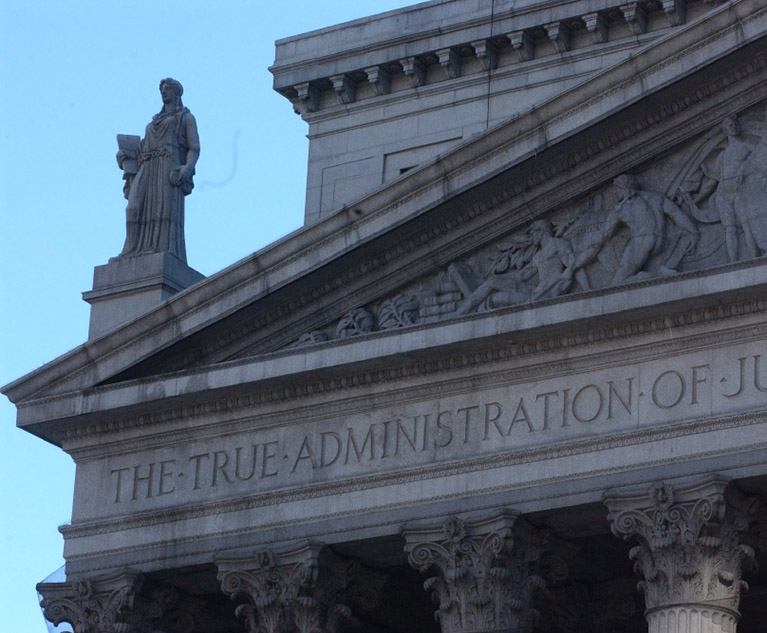
March 20, 2022 | New York Law Journal
Judicial Ethics Opinion 21-170A judge who completed a mediation skills program at a law school's mediation clinic may permit the clinic to post the judge's comments about the course and the judge's experiences with alternative dispute resolution on its Instagram account for general advertising and recruitment efforts, provided the judge is satisfied the judge's name, words, and image will not be used for fund-raising.
By Committee on Judicial Ethics
5 minute read
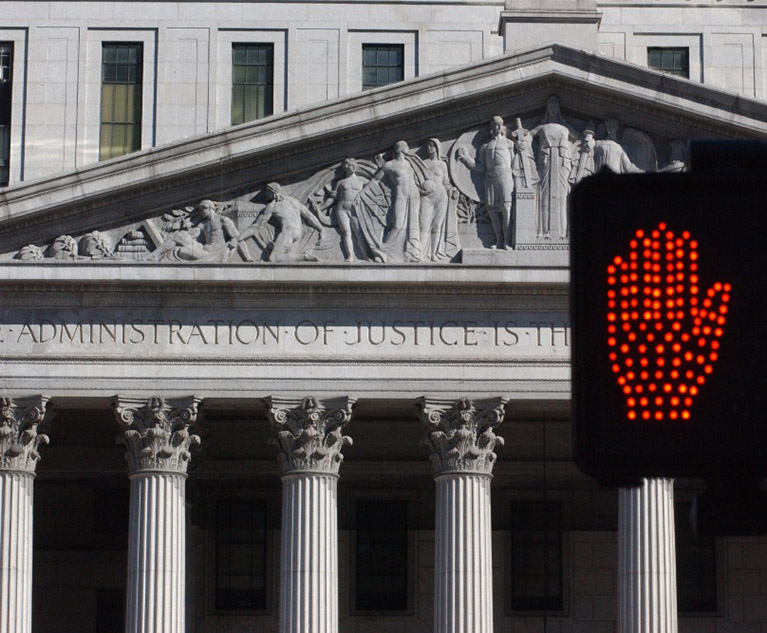
March 17, 2022 | New York Law Journal
Judicial Ethics Opinion 21-169The Committee does not answer hypothetical or speculative questions.
By Committee on Judicial Ethics
2 minute read
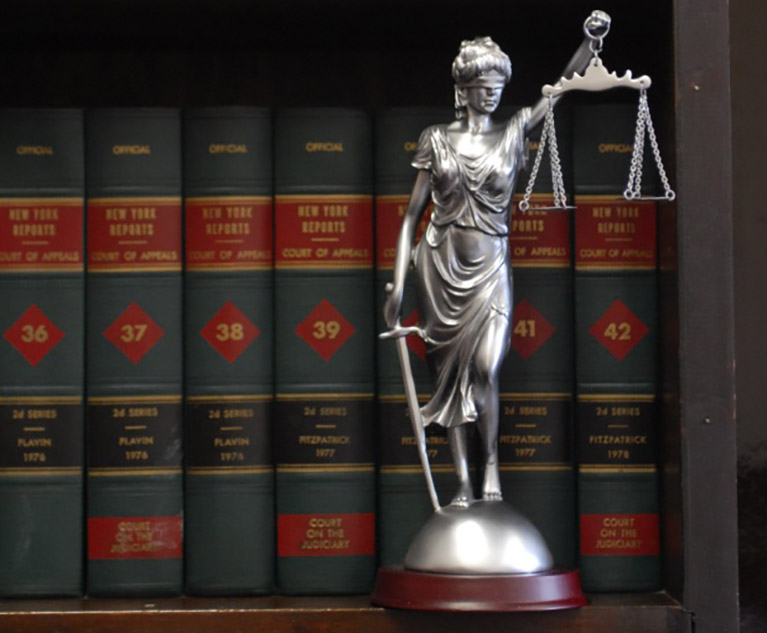
March 16, 2022 | New York Law Journal
Judicial Ethics Opinion 21-168Whether an administrative judge may direct a court attorney-referee to comply with a memorandum from OCA Counsel does not raise any ethical issues, but instead only legal/administrative matters, which are outside the Committee's jurisdiction.
By Committee on Judicial Ethics
3 minute read
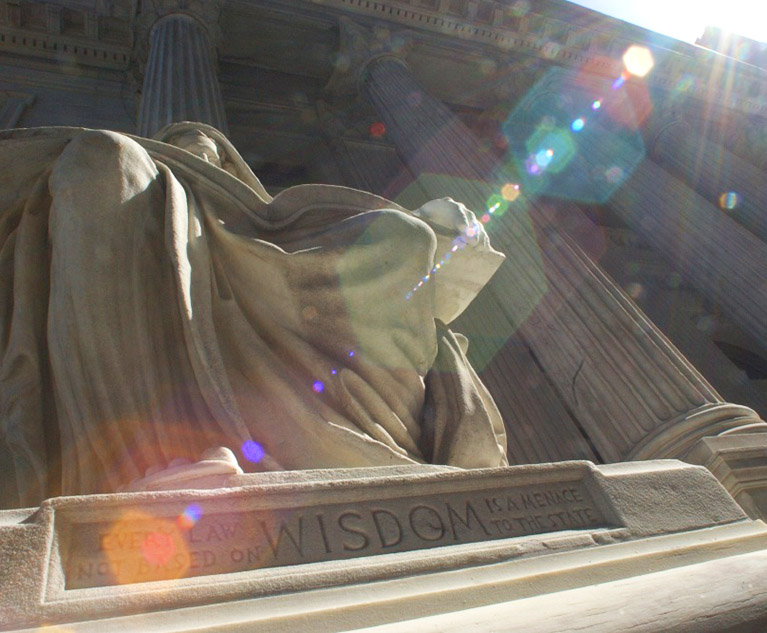
March 14, 2022 | New York Law Journal
Judicial Ethics Opinion 21-167A judge may respond to the county comptroller's survey concerning the county's assigned counsel program, subject to generally applicable limitations on judicial speech and conduct.
By Committee on Judicial Ethics
4 minute read

December 14, 2021 | New York Law Journal
Judicial Ethics Opinion 21-147A judicial association may publicly condemn the deliberate and unauthorized disclosure of a judge's residential address, as such disclosures may compromise the personal safety and security of judges and/or court personnel and thus affect the administration of justice.
By Committee on Judicial Ethics
6 minute read

December 13, 2021 | New York Law Journal
Judicial Ethics Opinion 21-128The window period for an individual seeking election to Supreme Court commences nine months before the earlier of (a) the date of formal nomination by convention; or (b) the date of a recognized party-sponsored caucus or committee meeting within the candidate's judicial district held for the purpose of discussing or considering nominations of delegates to the judicial nominating convention, even if a resulting designation or endorsement would be subject to a subsequent contest.
By Committee on Judicial Ethics
6 minute read

December 12, 2021 | New York Law Journal
Judicial Ethics Opinion 21-111A judge who was previously involved in the implementation of a new county-wide vehicle and traffic law camera enforcement program on behalf of the designated "charging agency" for these alleged violations, but left that employment and assumed judicial office before the agency commenced prosecuting these matters, need not disqualify when accusatory instruments from this program come before the judge.
By Committee on Judicial Ethics
4 minute read

November 29, 2021 | New York Law Journal
Judicial Ethics Opinion 21-110Where proceedings involving the town, its highway department, or the highway department's employees are very rare in the town court, a town justice may represent the town in collective bargaining negotiations with the union representing the town's highway department personnel. However, the judge must disqualify in all matters where the town is a party both for the duration of the representation and for two years after it completely ends.
By Committee on Judicial Ethics
5 minute read
Trending Stories
More from ALM
- Scan In Progress: Litigators Leverage AI to Screen Prospective Jurors 1 minute read
- Legal Speak at General Counsel Conference East 2024: Match Group's Katie Dugan & Herrick's Carol Goodman 1 minute read
- Legal Speak at General Counsel Conference East 2024: Eric Wall, Executive VP, Syllo 1 minute read



